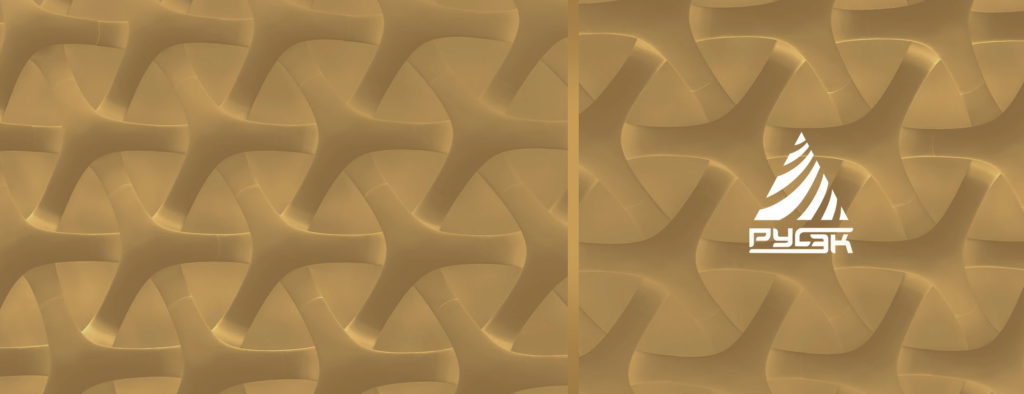Развитые страны уже давно относятся к промышленным отходам как к стратегическому ресурсу, а не досадному обременению. Мы изучили Global Waste Index по версии Sensoneo: рассказываем, какие государства и почему “впереди планеты всей” в деле переработки отходов.
Лидер рейтинга — Южная Корея. Концепция Zero Waste стала в стране стилем жизни: на переработку уходит 49% отходов. К 2025 правительство готовится довести этот показатель до 87%. Первый закон о переработке отходов в Корее приняли еще в восьмидесятые. В стране проповедуют политику waste-to-energy: в полезное топливо перерабатывают, без преувеличения, весь мусор: от древесных отходов до “отжившего” газа. При этом стоит топливо на 10% дешевле солнечной энергии и на 66% — ветровой.
В топ-3 стран — Япония. Небольшие размеры страны и скудность природных ресурсов привели к тому, что переработка отходов стала жизненно необходимой отраслью. Бизнес обязали и утилизировать промышленные отходы, и строить заводы по вторичной переработке товаров, которые выпускают — от выброшенной мебели до старых авто. Предприятия устраивают экскурсии и обучают школьников, чтобы популяризовать Zero Waste.
Далеко ушли вперед в переработке промышленных отходов и скандинавы. В десятке рейтинга — четыре страны полуострова. Финны, датчане и норвежцы отправляют захоронять только те отходы, которые невозможно переработать. А в лидерах Швеция, где власти внедряют “экономику замкнутого цикла”: все ресурсы, что были использованы, отправляются в повторный оборот.
Мы в РУСЭК уверены, что все страны, и Россия в частности, могут достичь такого же уровня культуры обращения с отходами. Наша команда распространяет концепцию Zero Waste и придумывает новые способы превращения промышленных отходов в ценные ресурсы. Экологическое просвещение бизнеса и общества — одна из миссий РУСЭК. Каждый день мы доказываем на практике, что Zero Waste – это реальность.
Ranking of countries that have built powerful industrial waste processing systems
Developed countries have been treating industrial waste as a strategic resource rather than an annoying burden for a long time. We have studied the Global Waste Index according to Sensoneo: we show you what countries are “ahead of the rest” in terms of waste recycling and why.
The leader of the rating is South Korea. The Zero Waste concept has become a lifestyle in the country: 49% of waste is recycled. By 2025, the government is preparing to bring this figure to 87%. The first recycling law in Korea was passed back in the eighties. The country preaches a waste-to-energy policy: without exaggeration, all garbage is processed into useful fuel: from wood waste to gas emissions. At the same time, this fuel costs 10% cheaper than solar energy and 66% cheaper than wind energy.
Japan is in the top 3. The small size of the country and the scarcity of natural resources have made waste recycling a vital industry. Businesses are required to have a proper disposal of industrial waste and to build factories for the recycling of the goods that they produce, from discarded furniture to old cars. Businesses are organizing tours and educating schoolchildren to promote Zero Waste.
The Scandinavians are also far ahead in the processing of industrial waste. There are four countries of the peninsula in the top ten. In Finland, Denmark and Norway, they sent to bury only the waste that can not be recycled. And the leader is Sweden, where the authorities are introducing a circular economy: all the products that have been used are recycled to produce new ones.
We at RUSEK are confident that all countries, and Russia in particular, can achieve the same level of waste management culture. Our team is spreading the Zero Waste concept and coming up with new ways to turn industrial waste into valuable resources. Environmental education of business and society is one of the missions of RUSEK. Every day we prove in practice that Zero Waste is a reality
